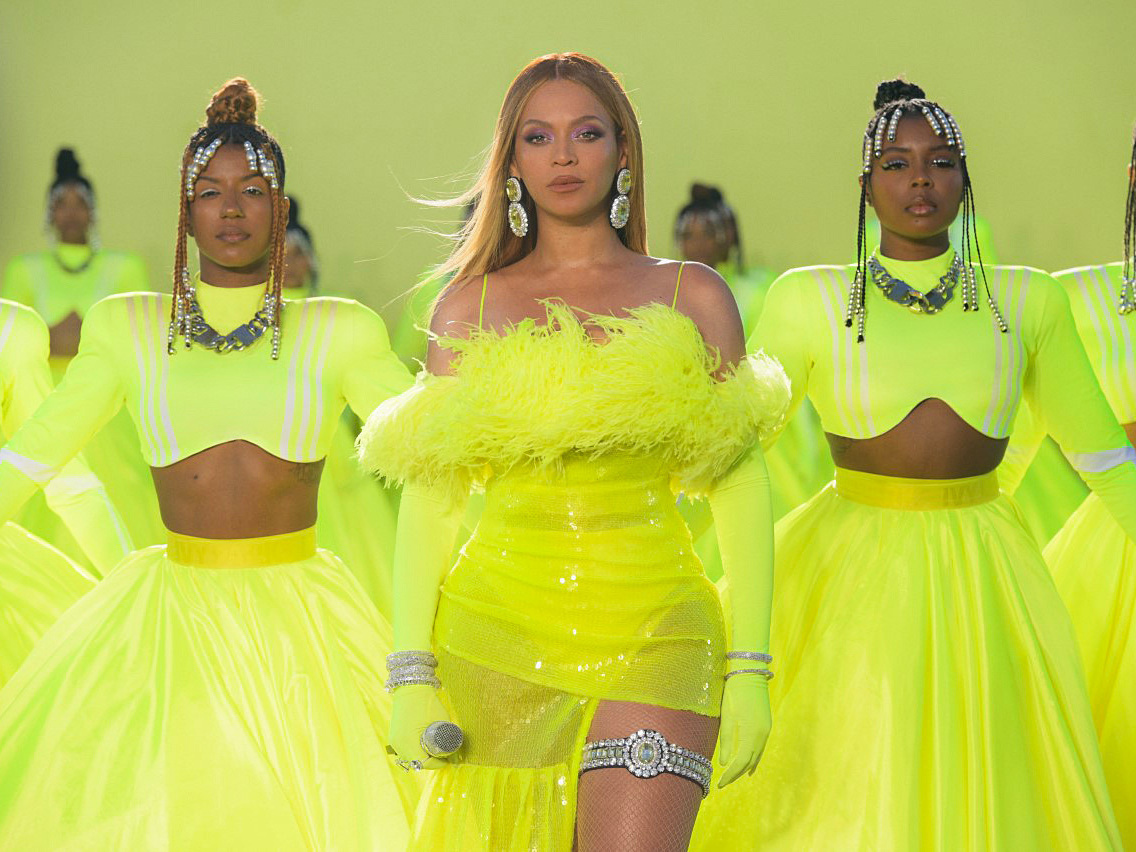Beyonce performs at the Oscars on March 27 in Los Angeles.
Mason Poole/AMPAS via Getty Images
Hide title
Change the title
Mason Poole/AMPAS via Getty Images

Beyonce performs at the Oscars on March 27 in Los Angeles.
Mason Poole/AMPAS via Getty Images
Beyonce would change one song after another Revival By order To remove an offensive and efficient word.
The album’s 11th track, “Heated,” which has Beyoncé and Drake among its writers, uses the word “spas,” which disability activists call an ableist slur.
Beyoncé’s publicist told NPR via email that the lyrics would be changed.
“A word that is not intentionally used in a harmful way will be changed,” the promoter said.
This is not the first time an artist has been criticized using this term.
In June, Lizo changed a lyric In one of his songs after receiving the same criticism. He released a statement on social media explaining the reason for changing the lyrics and apologized to the communities he offended.
Disability advocate Hannah Diviney called Lizzo out for using the term, writing an opinion piece. Guardian He expressed his disappointment in Beyoncé for using the lyrics.
“I thought we’d changed the music industry and started a global conversation about why artful language — intentional or not — has no place in music,” Deviney wrote.
While people say it’s important to be held accountable for their actions, some have noted the higher standards black women face compared to other artists. Black disability activist Vilisa Thompson As NPR previously reported White artists who use effective language don’t get the same visceral reactions as black artists.
“Mercy and room for correction are not generally granted [to Black people]. The double standard of random reactions runs deep. They don’t trust black people to do the right thing,” Thompson said.
The word “spas” comes from the word “spastic,” which is used to refer to people with spastic paralysis or cerebral palsy. The term has evolved into a derogatory term for people with disabilities and is commonly used to describe “weird” or “uncool” behavior associated with physical movement.
Thompson said the meaning and context of words change over time, and it’s important to learn an offensive word.
“In addition to learning, the onus is on us to improve and improve the way we communicate with each other so that our words are used intentionally, so that they are not intentionally harmful,” Thompson said.

“Friend of animals everywhere. Devoted analyst. Total alcohol scholar. Infuriatingly humble food trailblazer.”

